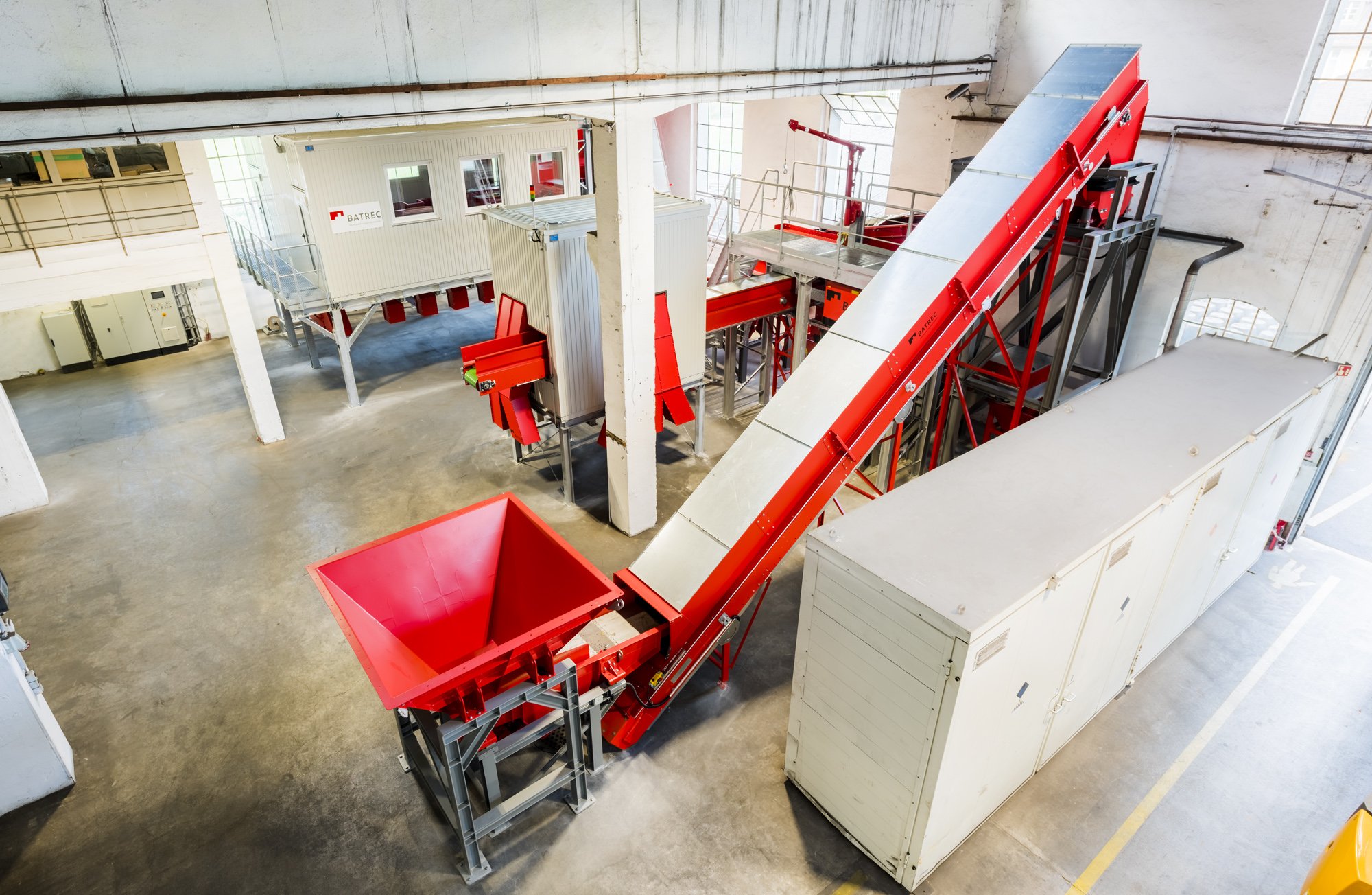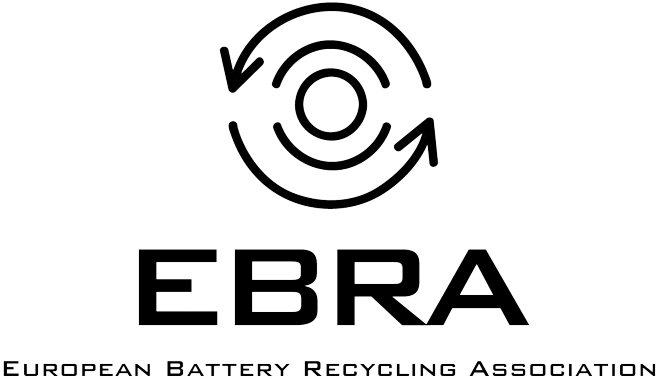
The End-of -Waste (EoW) concept
To illustrate this concept, let's consider a generic recycling process.
The output of a recycling process are recycled materials, ad some end waste that cannot be recycled anymore. The question is when can a recycled output be considered as a product and not a waste anymore.
This question is of utmost importance for battery recyclers, because of the requirements regarding the recycling efficiency.
Considering that most recycling processes are made of several steps (the output of the first step is to send to another processor before a recycled output is reached and ready for use), recyclers need to know when an output fraction is no longer a waste.
To answer this question, the first thing is to check the environment or operational permit to check if the outputs of the processes described in such permit provide a clear distinction: waste or product.
If this not so prescribed, than, the End-of-waste (EoW) criteria can help the decision-making process.
The EoW criteria are defined in article 6 of the Waste Framework Directive (WFD) [EUR-Lex - 02008L0098-20180705 - EN - EUR-Lex (europa.eu)]. If some conditions are fulfilled, the output of the recycling process does qualify as 'end of waste' and is considered a product (a substance, a mixture of substances, or an article).
-
The EoW status is usually granted by the competent authorities of the recyclers. There are some specific rules to make this EoW status recognised by other Member States (MS) (where the product will be placed on the market).
Needless to say that:
Fractions from the recycling process that are eliminated (incineration or landfilling) do not qualify for the EoW status
If a fraction is no longer a waste, the product regulations do apply (REACH, CLP, other product regulations..).

The end-of-recycling (EoR) concept
This is a new concept not yet defined in the environmental regulatory framework.
In some cases, the output of a recycling process can be considered as a product (EoW) but still sent to another step (at the same plant or to a third party) for further refining. The question is when can we consider that the recycling is completed?
Example: a battery recycler produce an alloy made of several metals (Co, Ni, Cu…). This alloy can undergo another refining steps to separate the various metals from each other. The individual metals so obtained are fit for being used again.
The question ''is the alloy considered as a recycled output, or only the individual metals?" is of the utmost importance when considering the recycling requirements stipulated in the Battery Directive.
EBRA is working on defining such EoR criteria. The objective is to create a level playing field among the recyclers and enable a sound competition.
